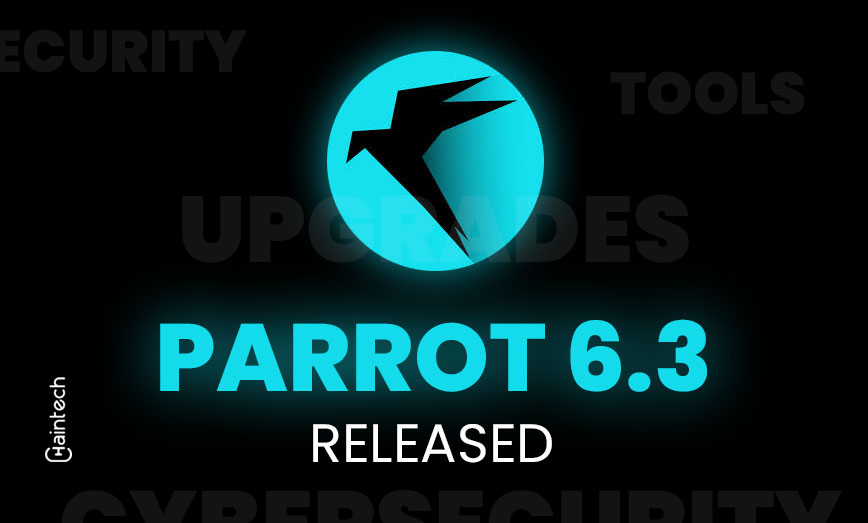
Deep Dive into Cloud-native Development and Microservices

Tools & Frameworks
- Logging and Monitoring
- CI/CD
- SCM & VM
- Containerization & Orchestration
- Infrastructure Configuration Management
- Database and Testing
Explore more from our universe of DevOps and Cloud Services


Embracing Innovation: Strategic Approaches for Sustainable Growth
Achieving long-term success and a competitive edge in today's fast-paced global marketplaces requires a proactive approach that can see beyond the obvious challenges and find novel solutions.

Mastering Requirements
Navigating through an array of ideas, plans, and goals, we prioritise clarity to align visions and expectations, ensuring everyone's on the same page.
Designing Dreams
We craft engaging UI designs, creating wireframes and mockups of high varieties for an intuitive and captivating user experience.
Bringing Ideas to Life
With your design greenlight, we refine the vision, inviting you to explore the potential through a hands-on prototype demonstration.
Tweaks and Confirmation
Your feedback is our blueprint. Share your vision adjustments and feedback at every step, and we'll fine-tune the details, moving forward only with your nod.
Tailored Development
Post-approval, we embark on the development journey, employing the finest technologies to craft your bespoke solution.
Seamless Deployment
Your project's final lap includes comprehensive testing, UAT, training, and a grand unveiling, all tailored to ensure a flawless launch.
Reliable Support
We offer unwavering support and maintenance, tailored to your needs, ensuring your solution remains at its peak performance.
Continuous Product Ideation
Constantly gathering insights, and exploring new market possibilities, we ensure your product evolves to meet ever-changing market demands.


Business Friendly Hiring Models
Discover our flexible hiring models, tailored to fit your needs and budget. Choose your perfect match!

Your industry, our expertise
Explore how our specialised services cater to diverse industries.
Aerospace

Agriculture

Construction

Ecommerce

Education

Engineering

Fashion

Finance

Healthcare

Insurance

Manufacturing

Mining

Logistics

Oil & Gas

Pharma

Retail

Telecom

Transport


Blogosphere by Byteosphere: A Place Where Technology, Ideas & Innovation Meet
Discover a wide range of articles that will keep you up-to-date on the latest tech trends, innovations, and expert predictions for the future of technology.

Let’s Create Invincible Products Together!
Curious about anything? Feel free to leave a message below. We'll reach out promptly.

Choose How We Work Together
Our Flexible - engagement - models are designed to fit your project's unique rhythm and requirements.

100% Transparency
Clarity at Every Step, ensuring you're informed and confident from start to finish.

Expertise You Can Trust
Our experienced developers bring your visions to life with precision, passion, and unmatched skill.

Technical Support
Get round-the-clock technical assistance designed to keep your operations smooth and secure.

On Your Schedule
Count on us for timely delivery that respects your deadlines, ensuring your projects progress without a hitch.
 Effective Microservices Testing Strategies for Cloud-Native Development
Effective Microservices Testing Strategies for Cloud-Native Development


















































